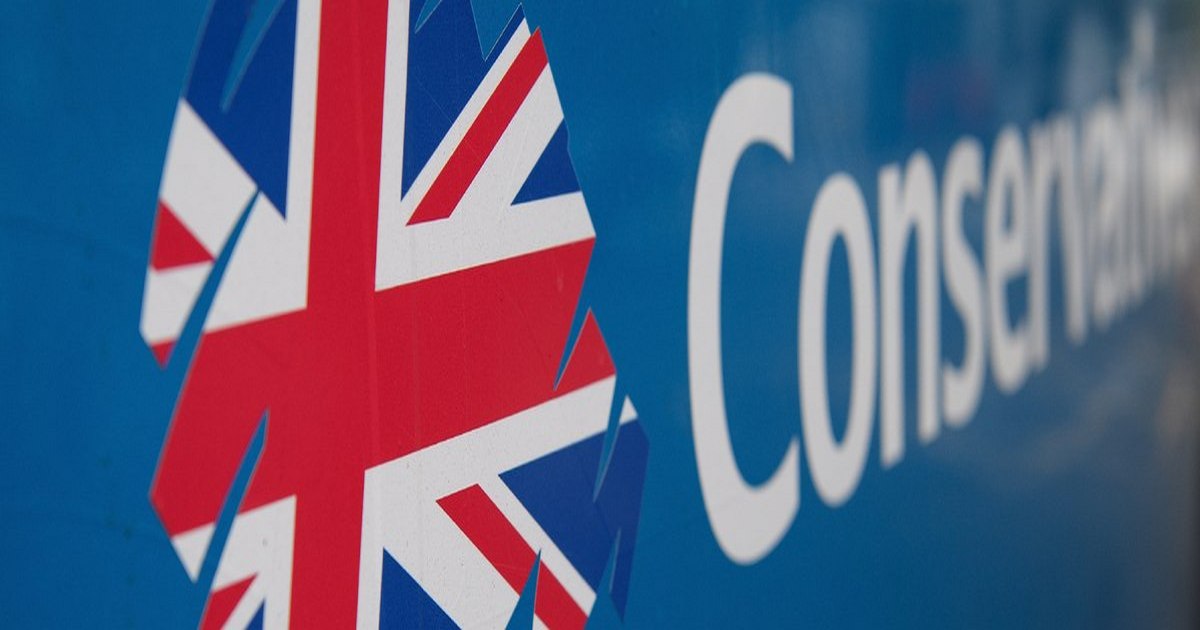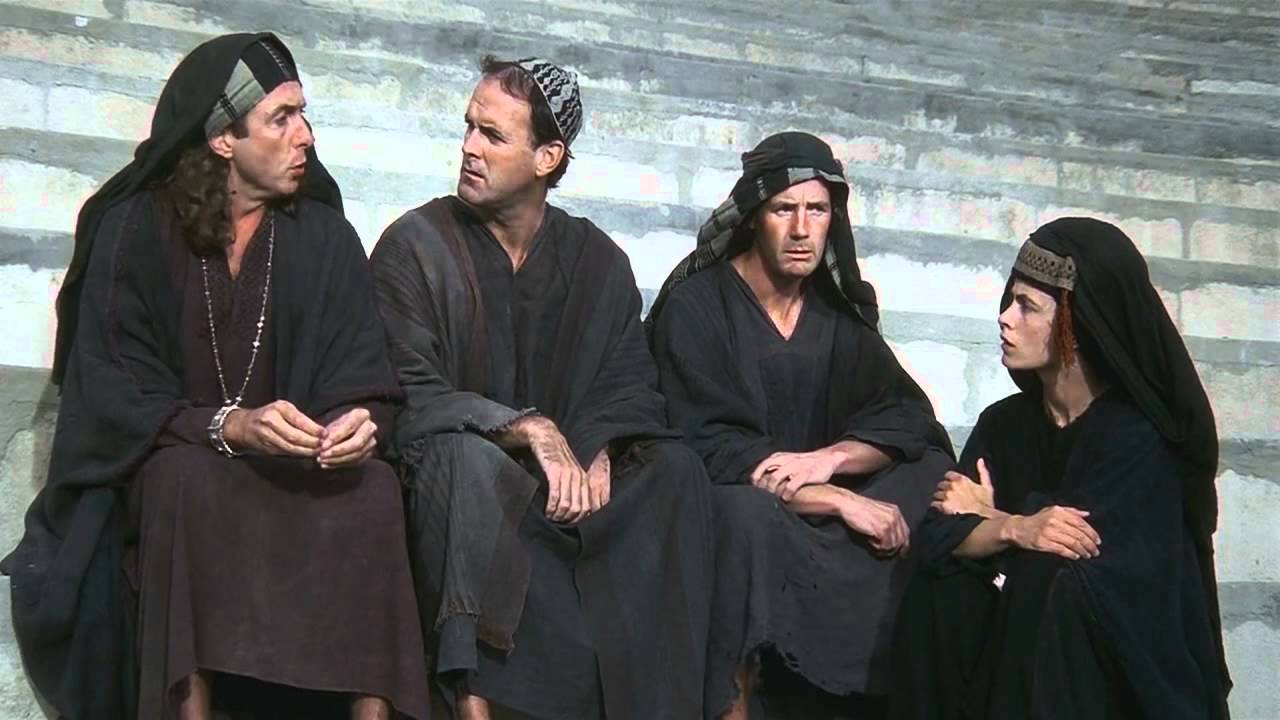By its own hands

The political landscape of the United Kingdom has undergone significant changes in the past 12 months, with the Conservative Party suffering a major downfall. This article aims to explore the factors that have contributed to the decline of the party, as well as the consequences and implications of this decline.
One of the main factors that has contributed to the Conservative Party’s decline is the ongoing Brexit drama. Since the 2016 referendum on the UK’s membership in the European Union, the party has been plagued by internal divisions and a lack of clear direction. This has led to a series of high-profile resignations, including that of former Prime Minister Theresa May, who struggled to get her Brexit deal through Parliament and Boris Johnson for his part in Party Gate and Liz Truss for what the public thought was great policies, however the globalists couldn’t accept.
The party’s inability to deliver on Brexit partially in Northern Ireland has caused significant public frustration, with many voters feeling that the party has failed to deliver on its promises. This has led to a significant decline in support for the party, particularly in Leave-voting areas and a rise in support for Reform UK formally known as the Brexit Party.
In addition to the Brexit debacle, the Conservative Party has also faced criticism for its handling of other key issues such as the NHS, education, immigration, and the economy. The party has come under fire for its Covid-19 measures and the mass printing of money coursing inflation, it’s lack of securing its southern border from illegal migration which in turn has led a decline in living standards for many people due to the pressure of illegal migration and inflation. This has further damaged the party’s reputation and contributed to its decline in popularity.

The Conservative Party’s decline has also been exacerbated by the rise of other parties, particularly the Labour Party and Reform UK. The Labour Party, under the leadership of Sir Keir Starmer, has gained significant support by offering a more progressive and populist alternative to the Conservatives. Reform UK has also gained a significant support for its common-sense approach to the everyday thing affecting the everyday man & woman on the street.
The Conservative Party’s decline has had significant consequences for the UK’s political landscape. It has led to a shift in the balance of power, with the Labour Party & Reform UK (yet to be tested at a GE) gaining significant ground at the expense of the Conservatives. This has resulted in a more fragmented and polarised political landscape, with the labour party struggling to form policies that the whole of the public support and Reform UK filling in the gaps in policy that the people want but didn’t get from the Conservatives.
In conclusion, the Conservative Party’s decline in the past 12 months has been caused by a range of factors, including the ongoing Brexit drama, a lack of progress on key issues such as the NHS, migration (Legal & Illegal) and the economy, and the rise of other parties such as the Labour Party and Reform UK. This decline has had significant consequences for the UK’s political landscape and its international standing. It remains to be seen how the party will recover from this setback and rebuild its reputation if it at all can.




































